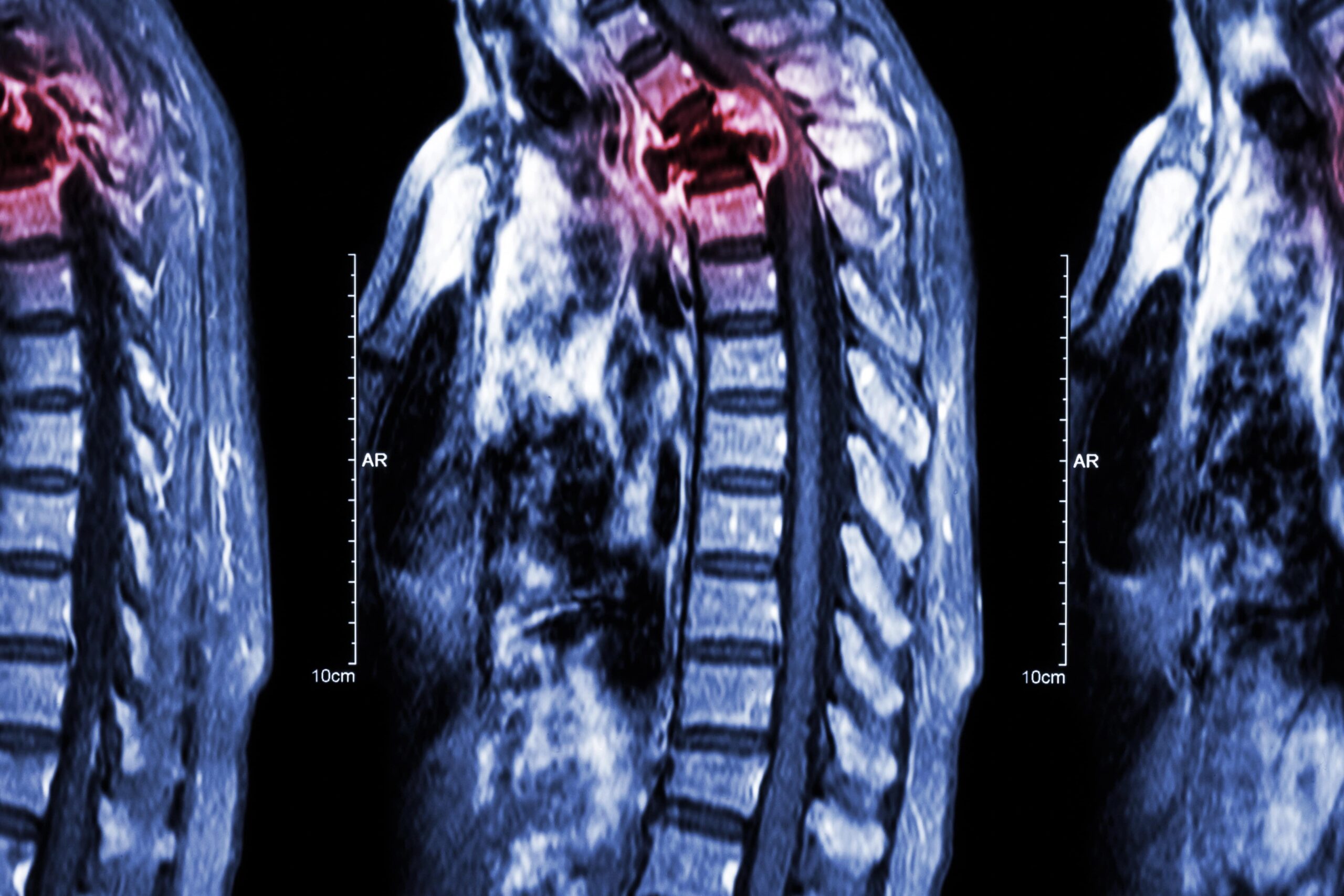Cancer’s cruelest trick might be its ability to migrate from its initial site and invade other organs and systems, with bones being one of the most common targets. Bone metastasis brings severe pain and fractures, drastically reducing quality of life and survival rates. Current treatments primarily focus on symptom relief rather than achieving curative outcomes, underscoring a pressing need for more effective therapies.
“Bone metastasis remains a major clinical challenge,” said Li Ma, an oncologist from the University of Texas MD Anderson Cancer Center and lead author of new research that has yielded a potential therapeutic approach. “Understanding and targeting the molecular underpinnings of bone metastasis represent one of the most pressing challenges in cancer therapy.”
Using CRISPR technology in a mouse model, Ma and colleagues identified a key protein involved in bone metastasis, acyl–coenzyme A binding protein (ACBP), and a potential way to disrupt its activity. The research team included scientists from the University of Texas MD Anderson Cancer Center, Rice University in Houston and Shanghai Jiao Tong University in China. The findings were published in Science Translational Medicine.

Identifying the Culprit: Acyl-CoA Binding Protein (ACBP)
Using advanced CRISPR activation technology, the research team pinpointed ACBP’s pivotal role in bone metastasis through a sophisticated screening process involving thousands of genes. Elevated ACBP levels significantly increased the likelihood of bone metastasis in mouse models with lung or breast cancer.
Further analysis of genetic data from human lung and breast cancer patients revealed similar patterns: higher ACBP expression consistently correlated with increased bone metastasis and poorer survival outcomes.
Metabolic Manipulation: How ACBP Fuels Cancer’s Spread
Upon further investigation, the team discovered that ACBP enables cancer cells to thrive by altering their metabolic processes. Specifically, the protein promotes fatty acid oxidation (FAO)—a critical energy-producing process—and simultaneously protects cancer cells from ferroptosis, a form of iron-dependent programmed cell death.
These metabolic shifts allow metastatic cancer cells to adapt and survive in the bone environment. “Metastasizing tumor cells need to reprogram their metabolic states to adapt to the nutrient environment of distant organs,” the researchers wrote, highlighting the adaptive versatility of malignant cells.
Promising Pathways to Intervention
Building on this insight, the scientists tested drugs designed to disrupt ACBP’s activity and related metabolic processes. When treating mice implanted with metastasis-prone human cancer cells using compounds like imidazole ketone erastin (IKE), a ferroptosis inducer, and etomoxir, which inhibits FAO, researchers observed dramatic results—none of the treated rodents developed bone metastases.
These findings suggest two compelling therapeutic strategies: blocking FAO or inducing ferroptosis. Both approaches directly interfere with the metabolic adaptations that cancer cells require for bone colonization.
“We found that FAO blockade or treatment with a ferroptosis inducer inhibited bone metastasis in mouse models, suggesting translational potential,” the scientists reported.
Charting the Course for Future Treatments
This research suggests novel and promising therapeutic models for patients with metastatic cancers. By targeting lipid metabolism pathways, such as FAO and ferroptosis, clinicians may significantly improve survival rates and quality of life for patients with bone metastases.
“By identifying ACBP as a metabolic driver of this process and demonstrating the efficacy of targeting lipid metabolism in preclinical models, our work opens new therapeutic avenues for halting bone metastasis,” Ma said.
While bone metastasis remains a challenging clinical battle, the identification of ACBP and its metabolic functions offers profound hope. The promising preclinical results indicate potential treatments are within reach, laying a foundation for future clinical trials and therapies that could transform the prognosis for patients battling metastatic cancers.
Did you enjoy this blog post? Check out our other blog posts as well as related topics on our Webinar page.
QPS is a GLP- and GCP-compliant contract research organization (CRO) delivering the highest grade of discovery, preclinical, and clinical drug research development services. Since 1995, it has grown from a tiny bioanalysis shop to a full-service CRO with 1,200+ employees in the US, Europe, Asia, India and Australia. Today, QPS offers expanded pharmaceutical contract R&D services with special expertise in pharmacology, DMPK, toxicology, bioanalysis, translational medicine, cell therapy (including PBMCs, leukopaks and cell therapy products), clinical trial units and clinical research services. An award-winning leader focused on bioanalytics and clinical trials, QPS is known for proven quality standards, technical expertise, a flexible approach to research, client satisfaction and turnkey laboratories and facilities. Through continual enhancements in capacities and resources, QPS stands tall in its commitment to delivering superior quality, skilled performance and trusted service to its valued customers. For more information, visit www.qps.com or email info@qps.com.




